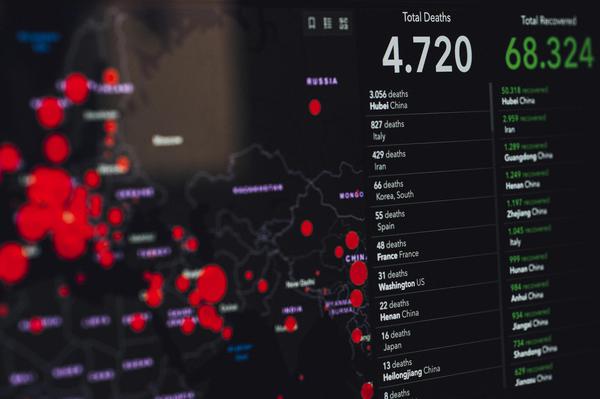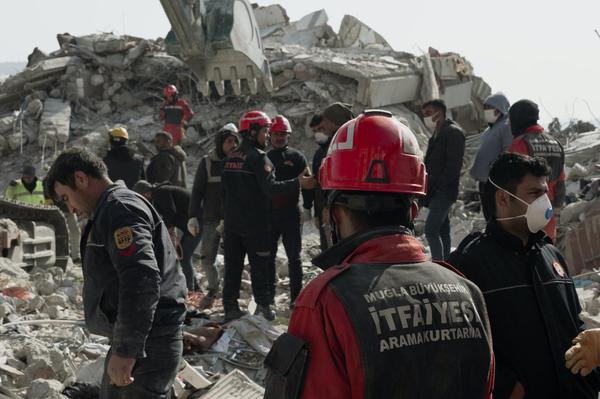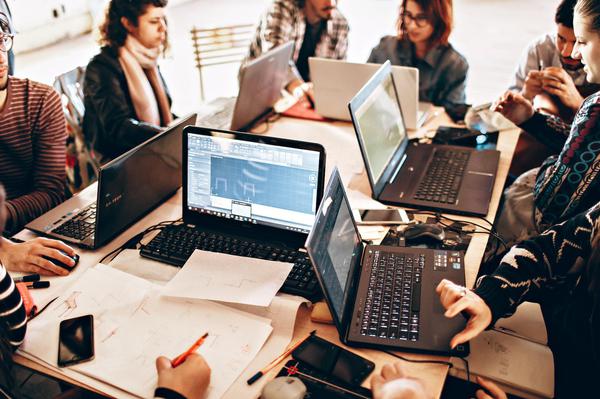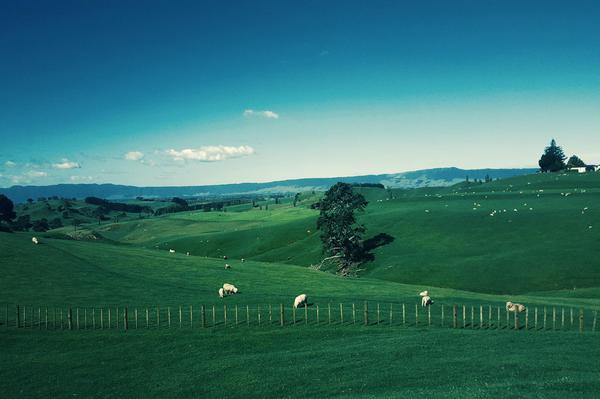

Experience: I have experience—over the course of nearly two decades and around the world (see resume or linkedin.com/in/rwsiegel)—in strategy development and implementation, teaching and coaching, leadership advising, qualitative and quantitative research, synthesis, data management, and economic modeling.
Aptitudes: I appreciate complexity and wholeness and assist organizations and individuals to remove barriers that prevent more effective modes of functioning. I have wide interests, a passion for methodical, elegant, and long-term solutions, and a calm disposition.
Aim: I am seeking to work with organizations and networks that want to strengthen their processes for action-learning, including drawing insights from data, to become increasingly efficient and effective. Over time, a robust learning process would inevitably result in greater and more resilient financial, social, and environmental returns on investment as well as insights about the process of learning itself.








